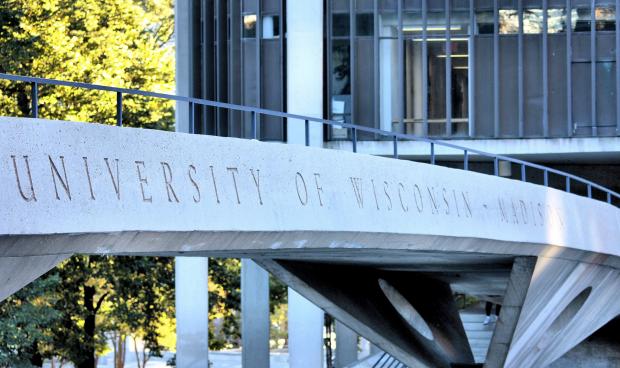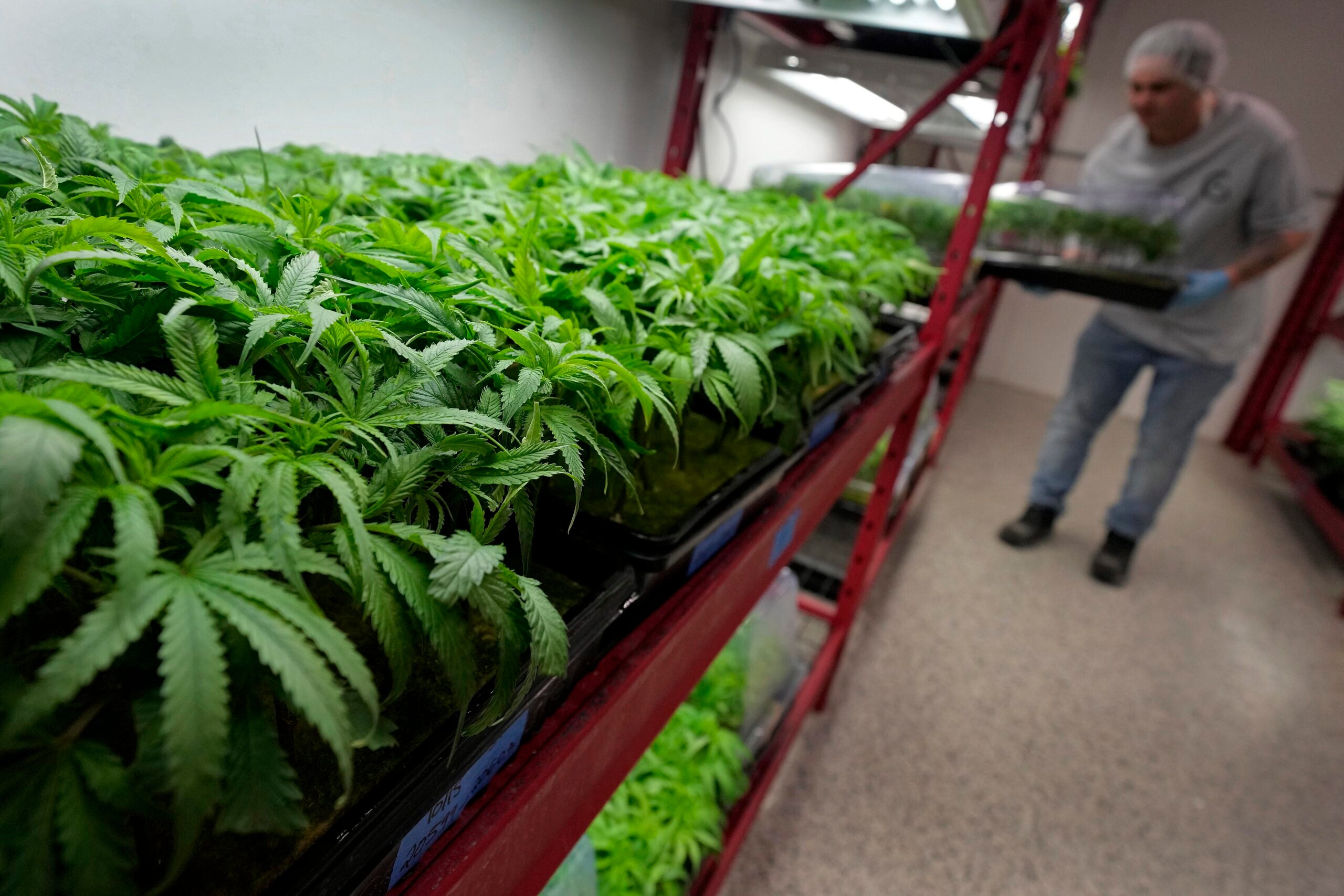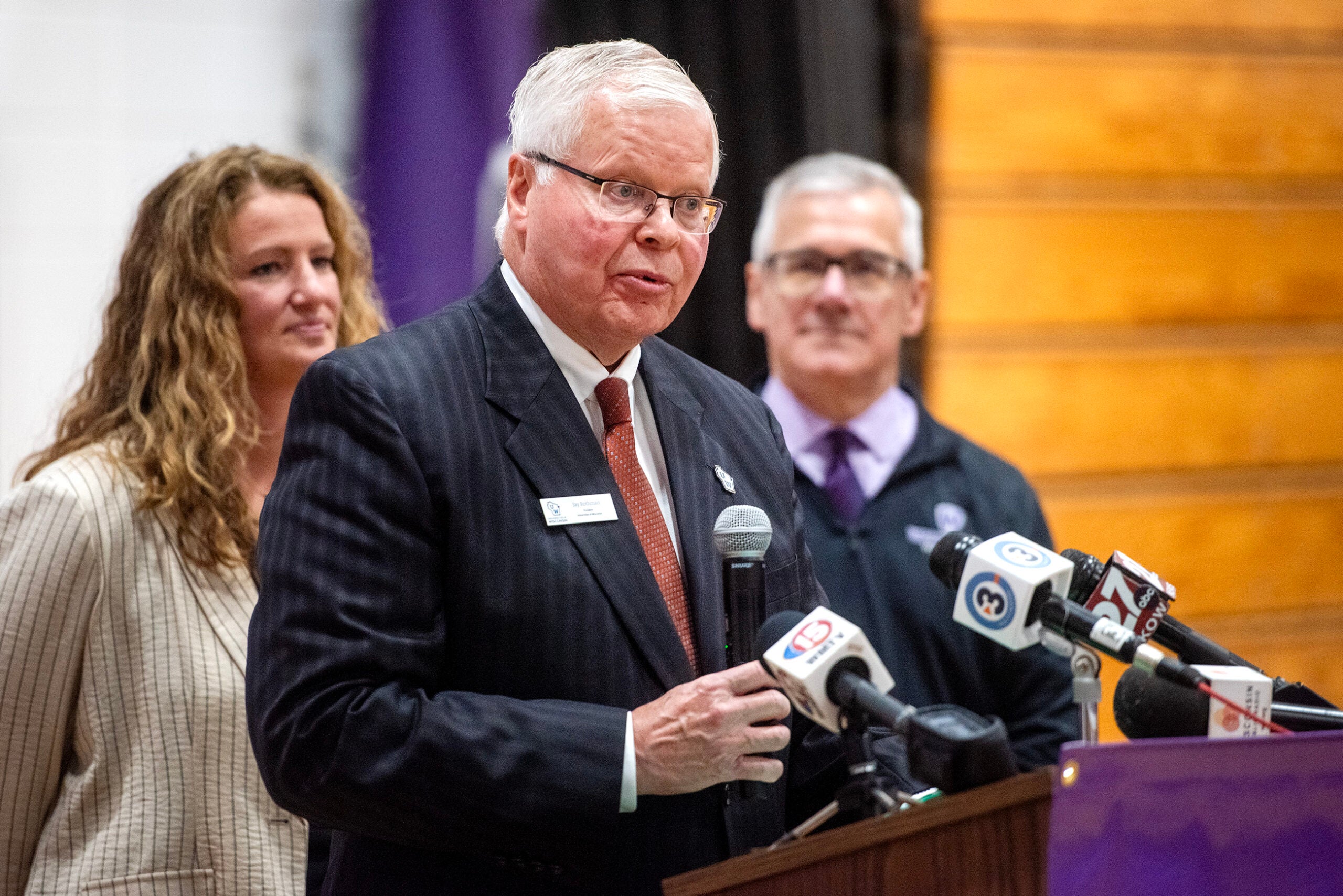International students in Wisconsin will have to leave the country if colleges they attend move classes entirely online this fall, according to an announcement by U.S. Immigration and Customs Enforcement. The announcement comes as state universities continue working on plans to reopen with a hybrid mix of online and in-person classes.
On Monday, the ICE Student and Exchange Visitor Program announced that international students using F-1 and M-1 visas may not take full, online course loads this fall and remain in the United States. It also said the U.S. Department of State will not issue visas to students enrolled in programs that are fully online during the fall semester.
Some students taking a hybrid mix of online and in-person classes will be allowed to stay in the country so long as universities provide details to the federal government certifying that programs are not entirely online.
News with a little more humanity
WPR’s “Wisconsin Today” newsletter keeps you connected to the state you love without feeling overwhelmed. No paywall. No agenda. No corporate filter.
In an emailed statement, University of Wisconsin System spokesman Mark Pitsch said the state’s universities are internationally recognized. According to UW data, there were 9,482 international students across all institutions. That works out to nearly 6 percent of the entire student body. The percentage of international students in the UW System has been growing since 2006.
“There’s a good reason students from all over the world want to attend our universities,” said Pitsch. “We welcome them. These students provide great benefit to our universities and anything that makes it harder for them to attend will raise a host of issues during an already challenging time.”
Communications staff at UW-Milwaukee and UW-Superior said administrators were still reviewing potential impacts from ICE changes. Communications staff at the state’s largest private college, Marquette University, did not respond to an interview request.
UW-Madison Chancellor Rebecca Blank said in a statement that the rule change would apply to 5,800 new or continuing students, a substantial number of whom are currently in the U.S. or plan to be this fall.
“UW-Madison plans to offer a hybrid model of instruction that we believe would allow international students to enroll in face-to-face classes and remain in the United States while continuing their studies,” said Blank.
Still, she said the campus is urging the federal government to delay or amend the plan through conversations with Wisconsin’s congressional delegation.
“Since the start of the pandemic, international students have faced numerous difficulties and hardships, including travel restrictions, closed consulates, required and recommended quarantine periods, not to mention acts of xenophobia, hate and bias,” Blank said.
During a Tuesday Department of Health Services briefing, Gov.Tony Evers said the ICE policy will primarily have an impact on students themselves. He said he understands the interest in making sure there are face-to-face classes this fall but there may be situations where it’s not possible.
“So, to suggest that they won’t have the opportunity to participate in education just because they’re not there physically 100 percent of the time, I think that’s a huge mistake,” said Evers.
The ICE announcement took many higher education advocacy groups by surprise and drew fierce criticism. American Council on Education President Ted Mitchell released a statement calling the ICE guidance “horrifying.” He said the organization would welcome more clarity on international students studying in the U.S. but the announcement by ICE “does more harm than good.”
“At a time when institutions are doing everything they can to help reopen our country, we need flexibility, not a big step in the wrong direction,” wrote Mitchell. “ICE should allow any international student with a valid visa to continue their education regardless of whether a student is receiving his or her education online, in person, or through a combination of both, whether in the United States or in their home country, during this unprecedented global health crisis.”
Esther Brimmer, executive director and CEO of the Association of International Educators issued a statement saying the ICE guidance is harmful to international students and puts the health and well being of all in higher education at risk. She said the COVID-19 pandemic is unpredictable and universities “should be trusted and given the authority to make decisions that are right for their campuses based on their local circumstances.”
“Unfortunately, this administration continues to enact policies which only increase the barriers to studying here, and that’s a serious concern,” said Brimmer. “At a time when new international student enrollment is in decline, our nation risks losing global talent with new policies that hurt us academically and economically.”
The new guidance from ICE modifies temporary exemptions for student visas issued this spring that allowed international students to stay in the U.S. despite colleges and universities moving classes online due to COVID-19.
Wisconsin Public Radio, © Copyright 2026, Board of Regents of the University of Wisconsin System and Wisconsin Educational Communications Board.






